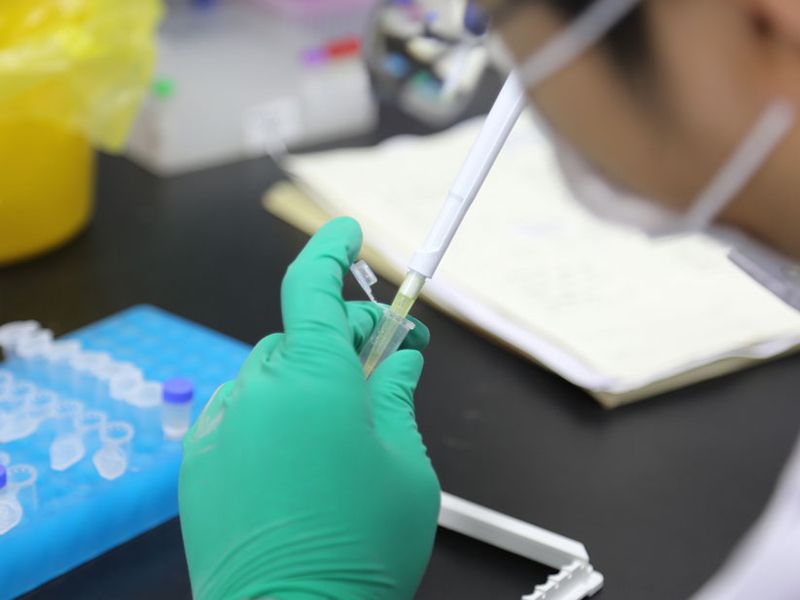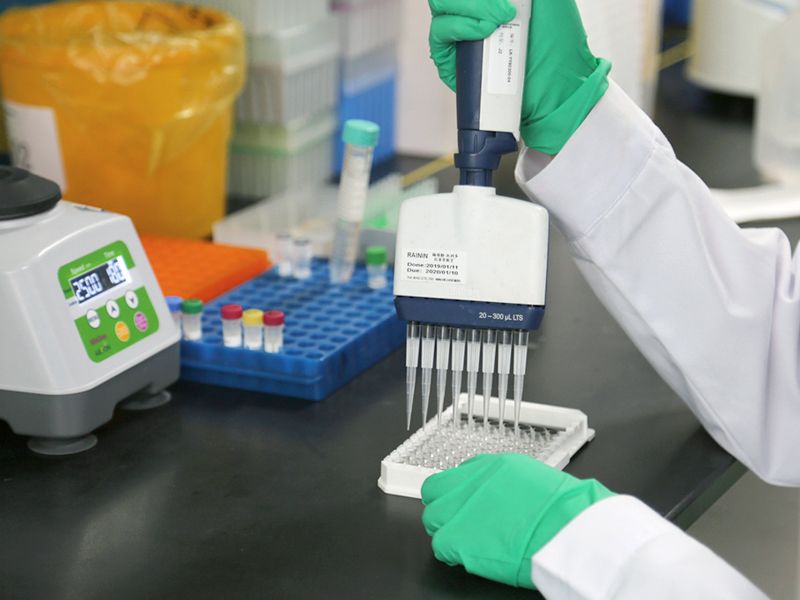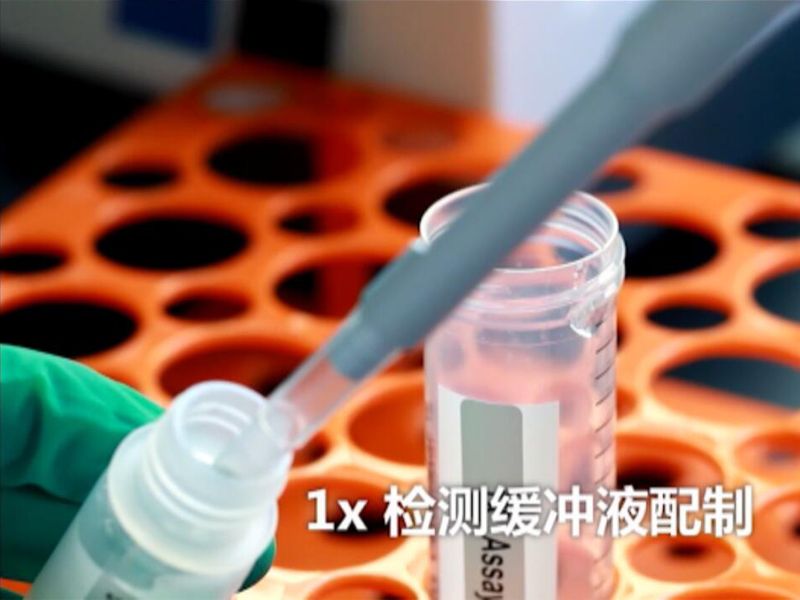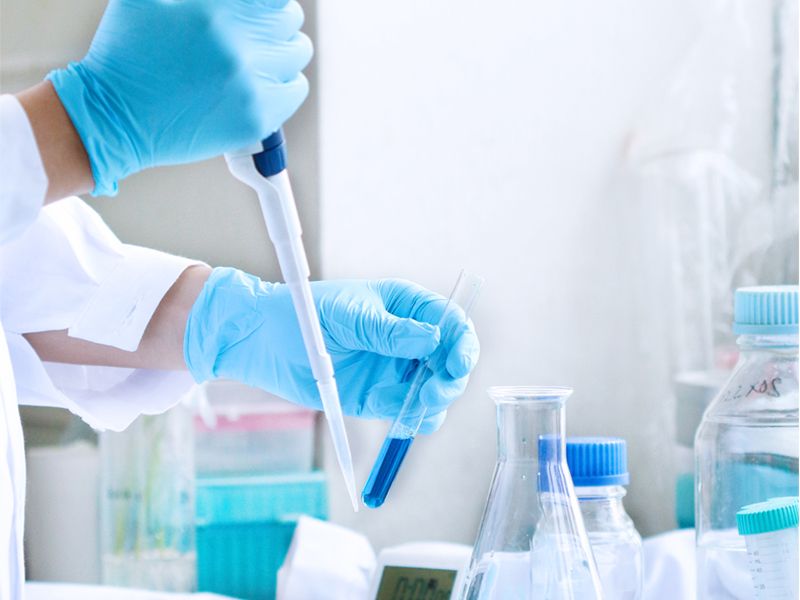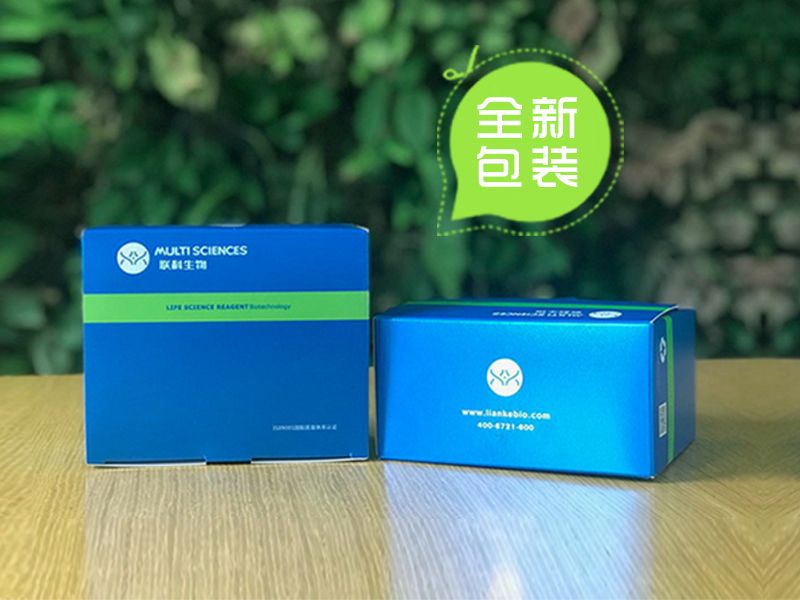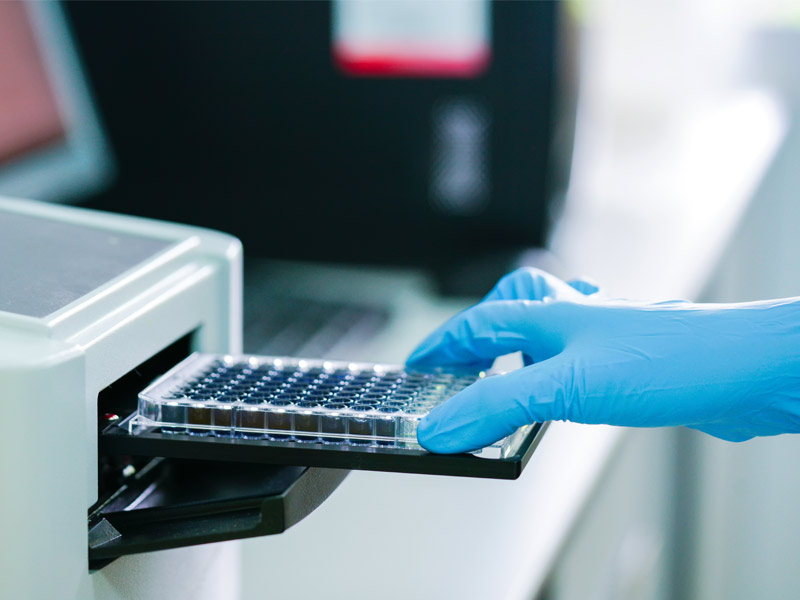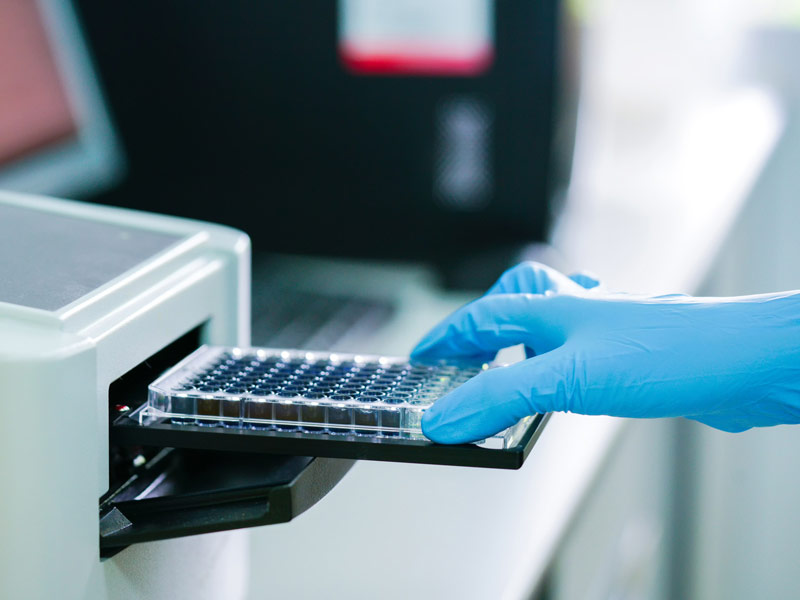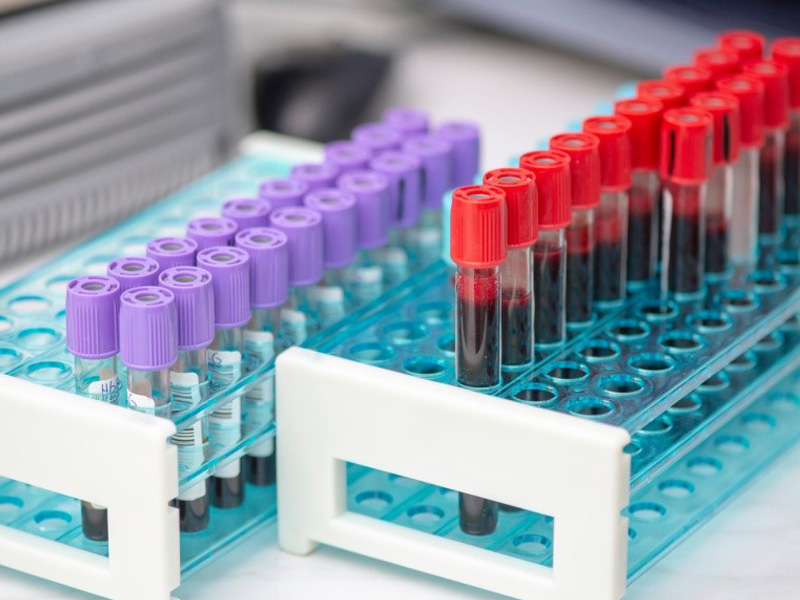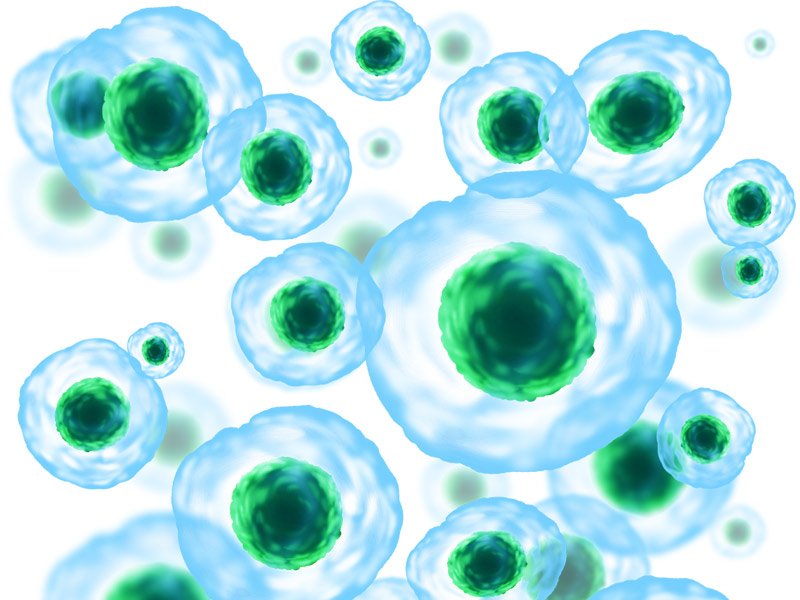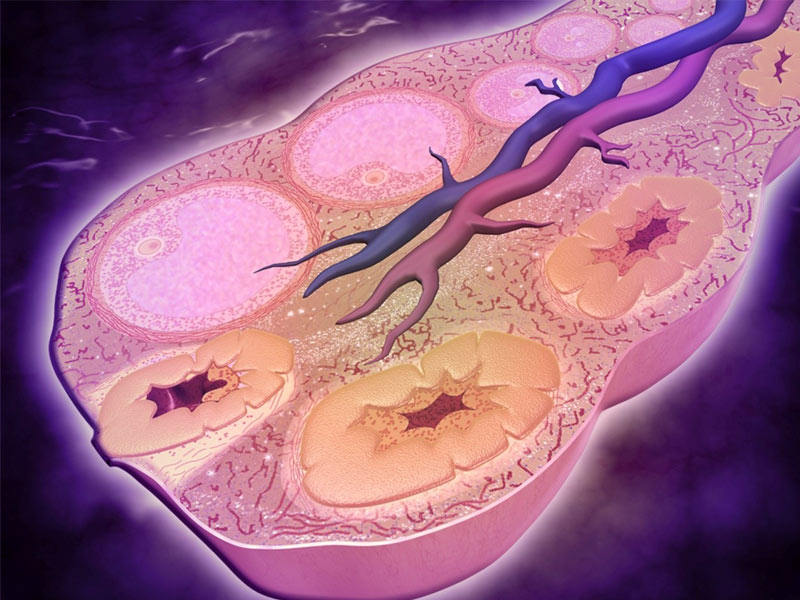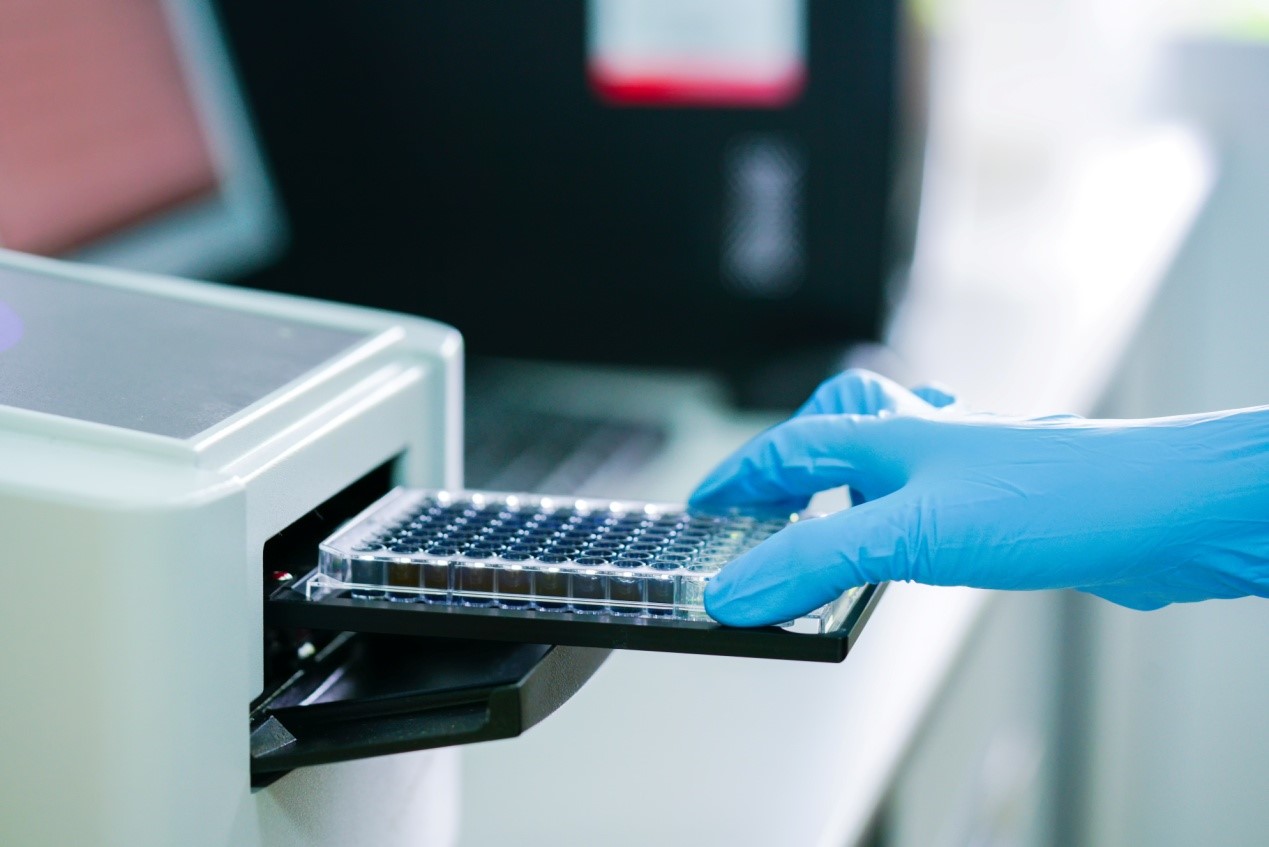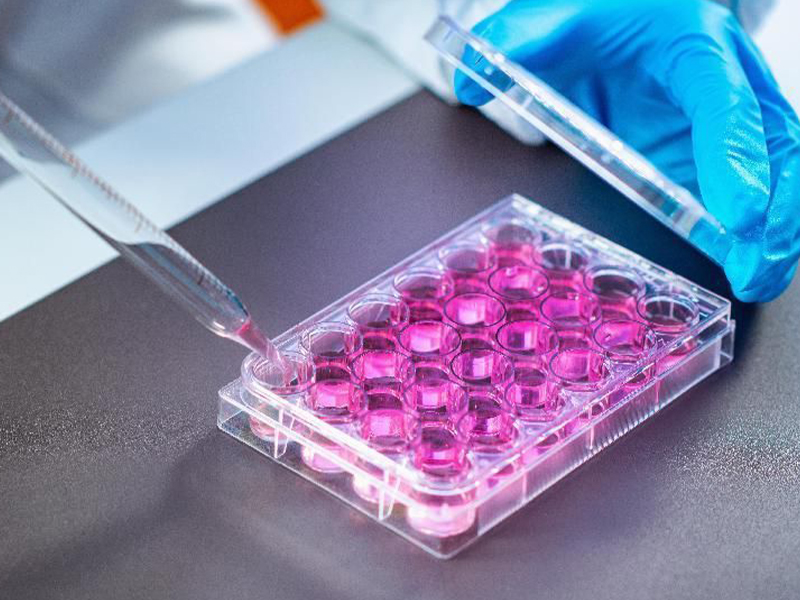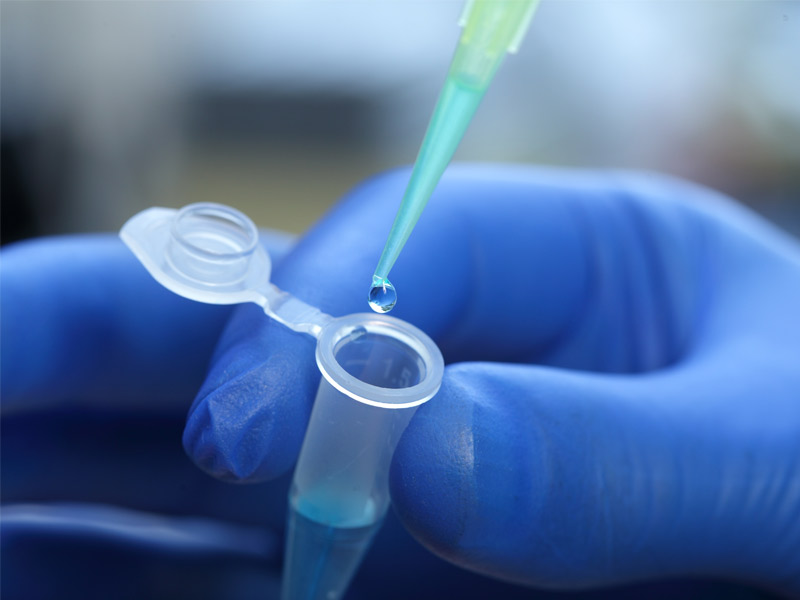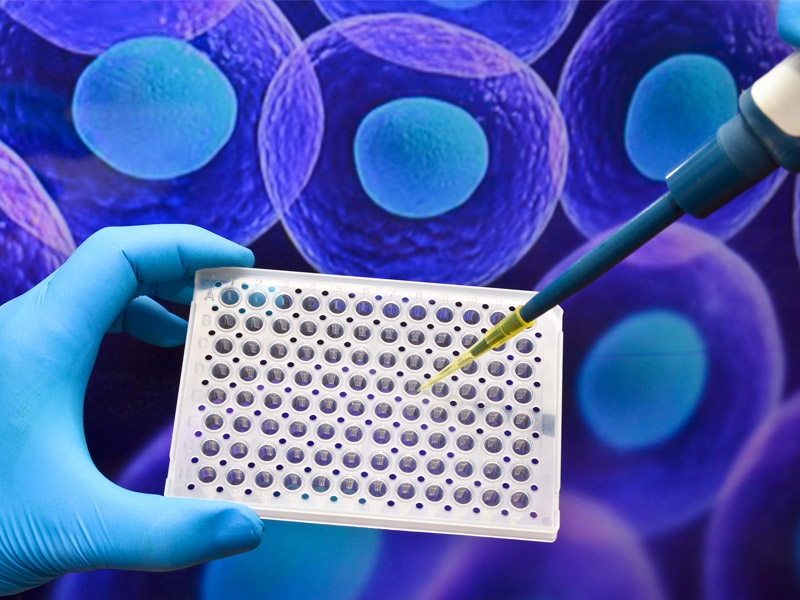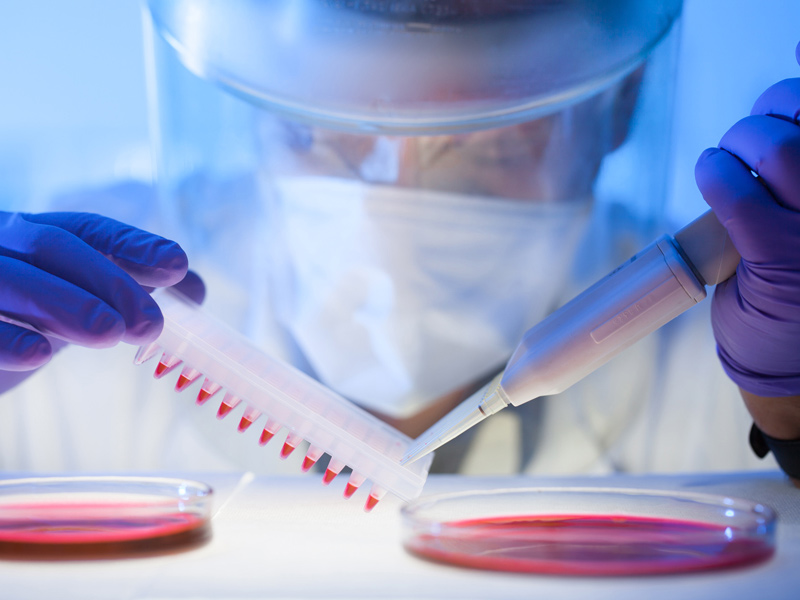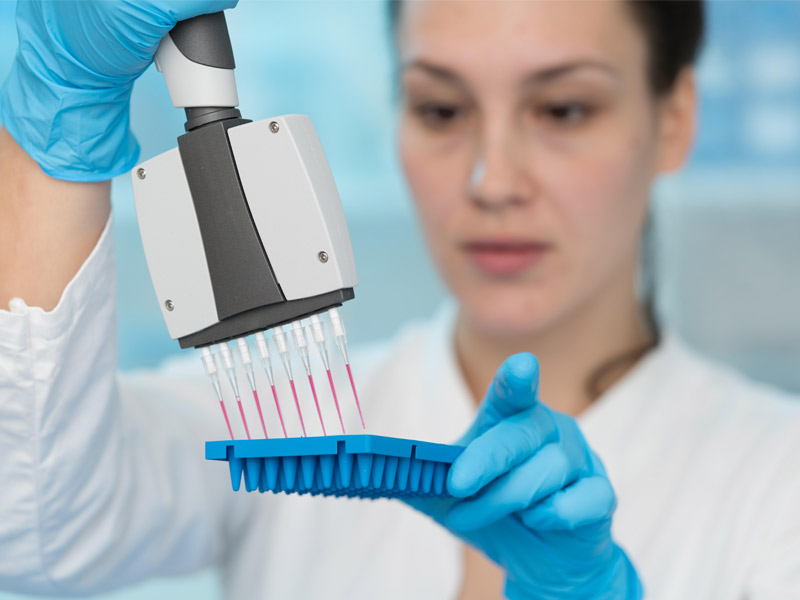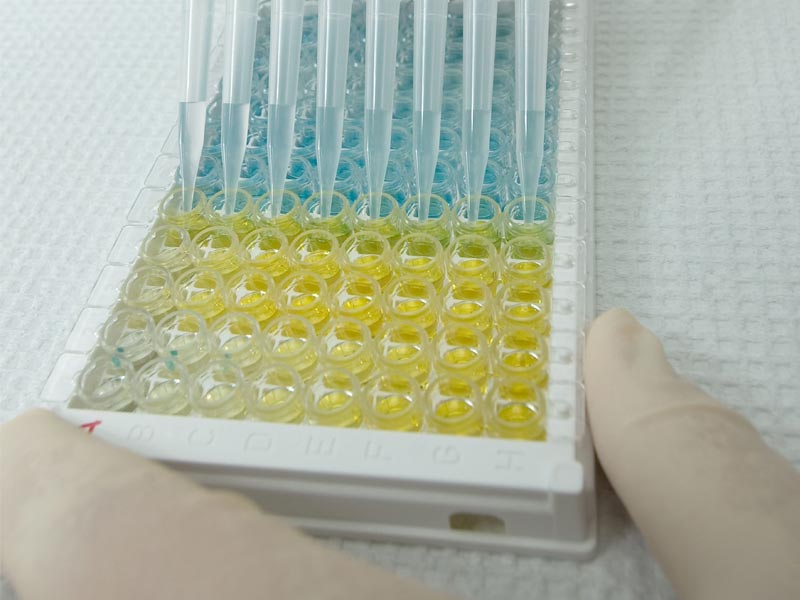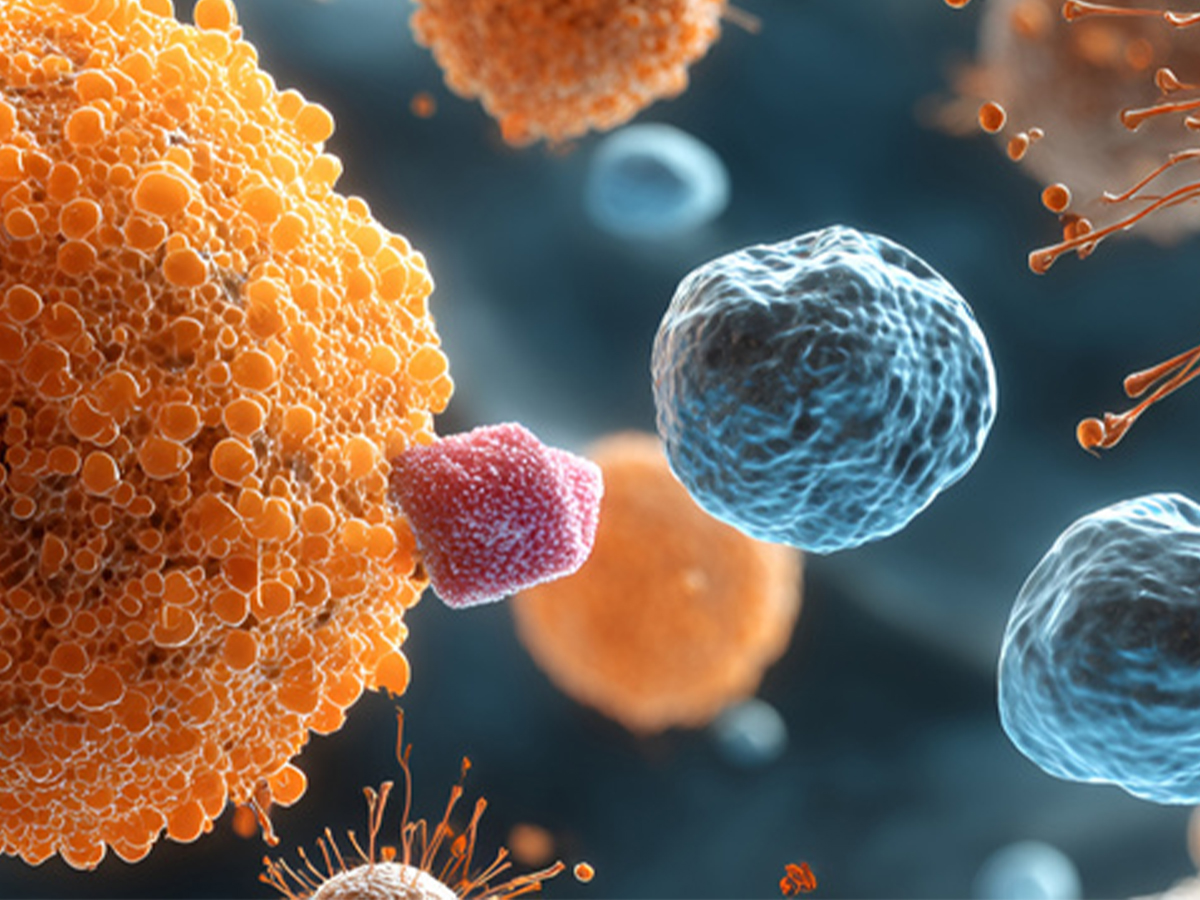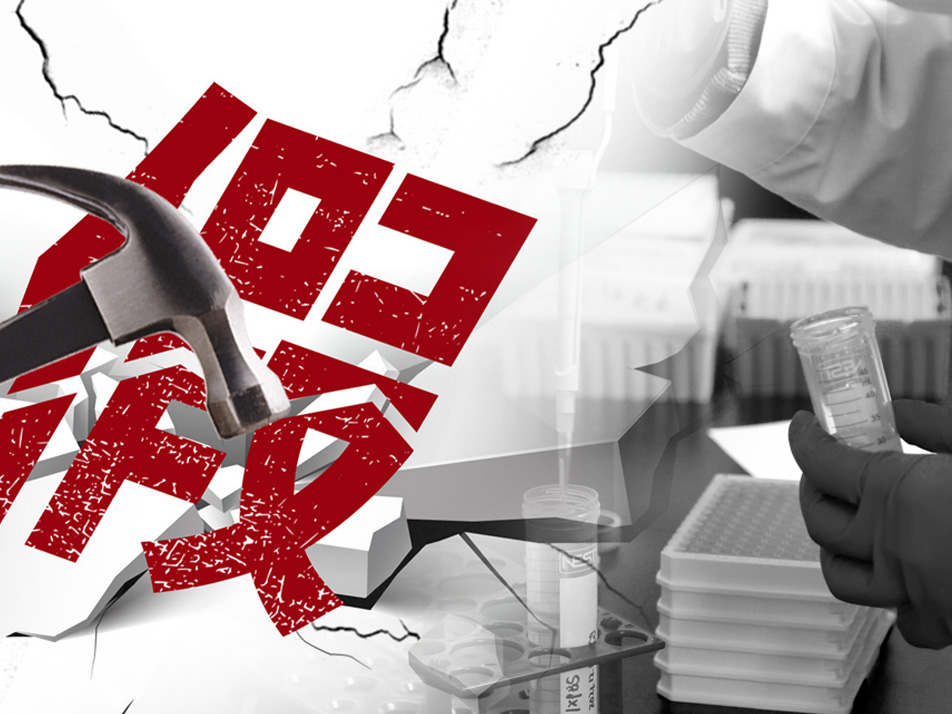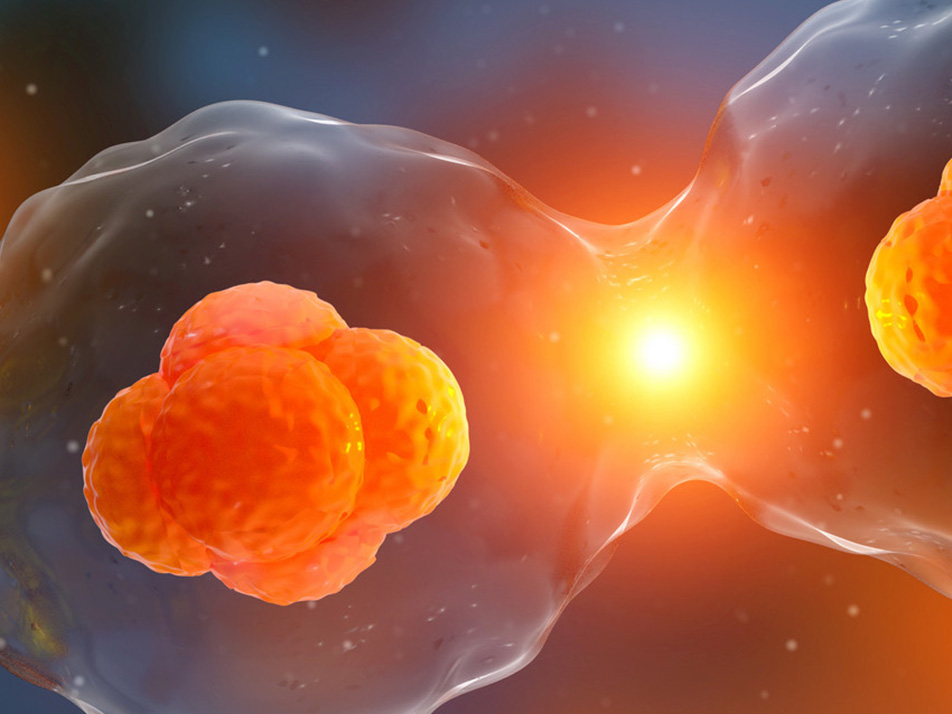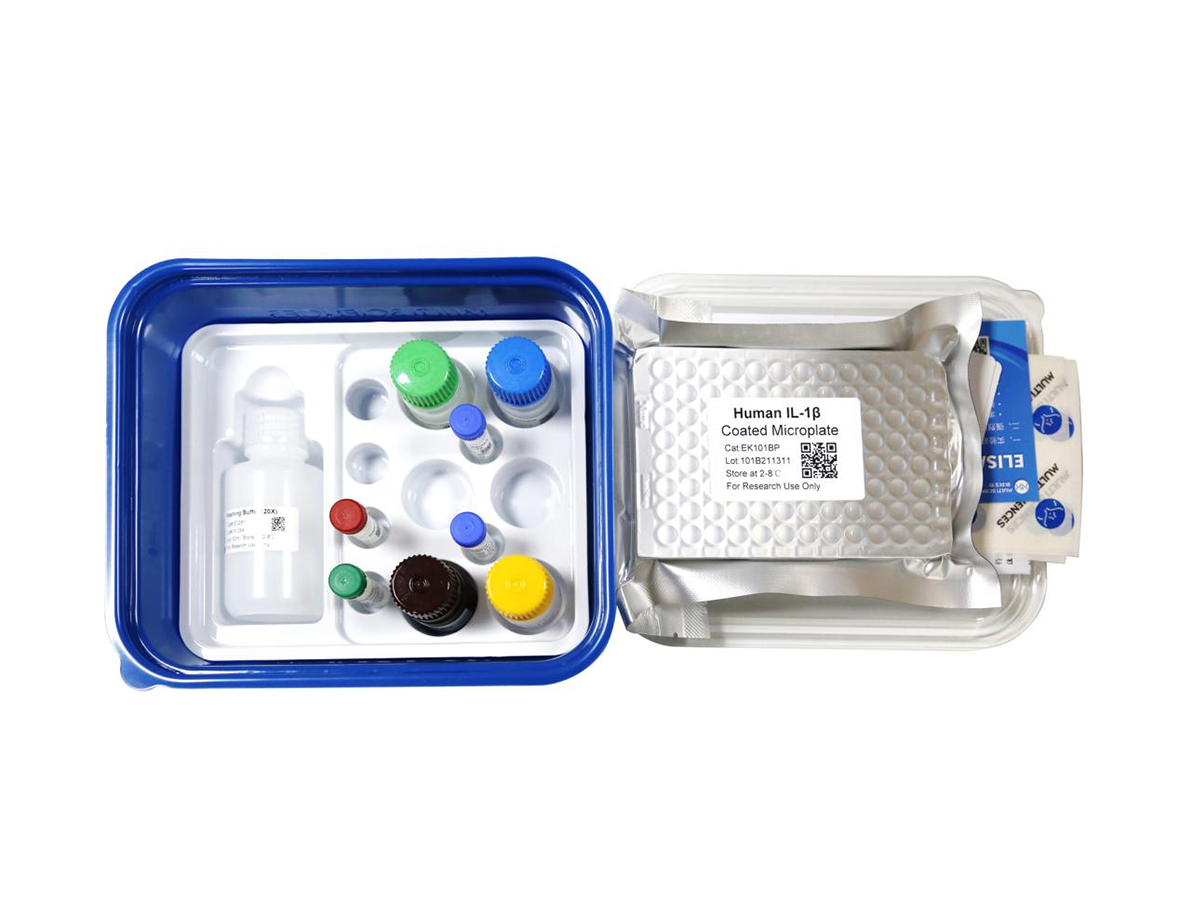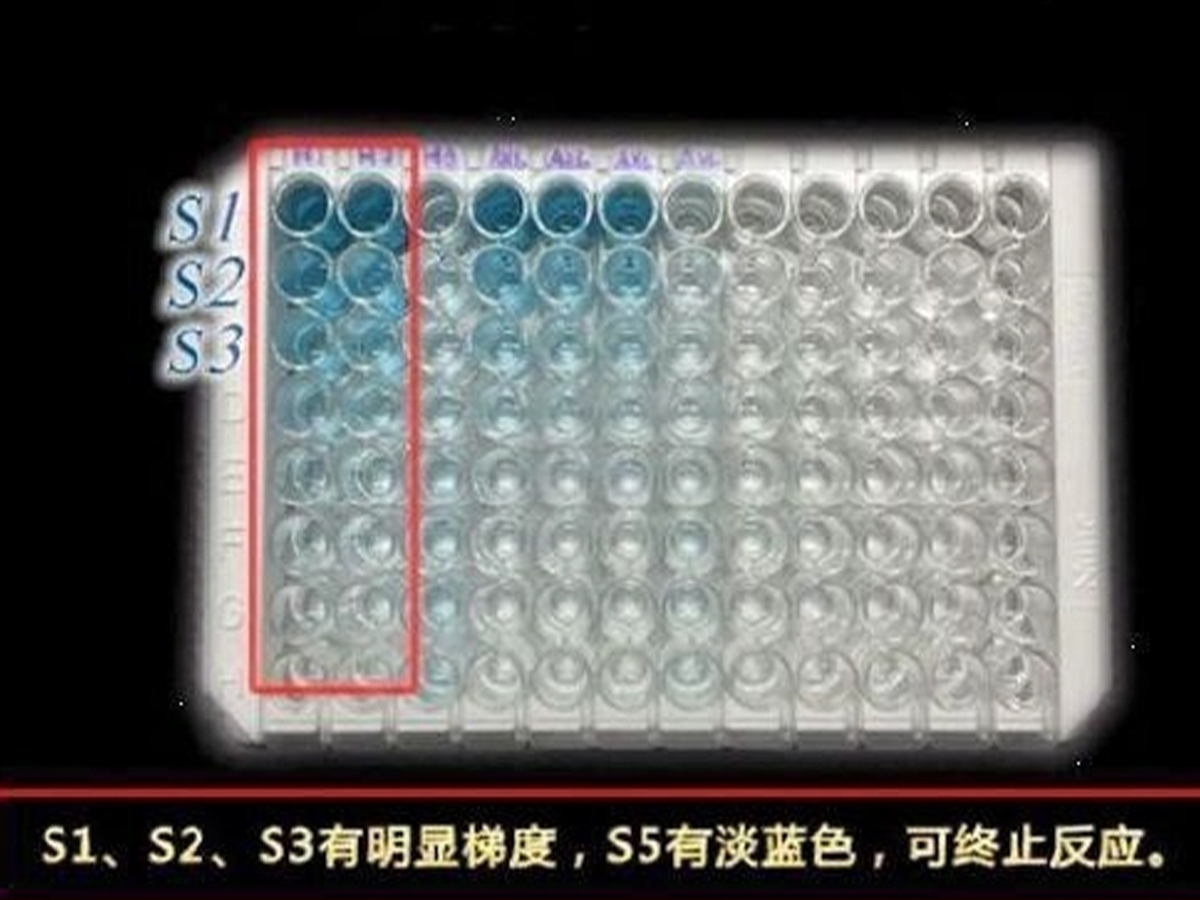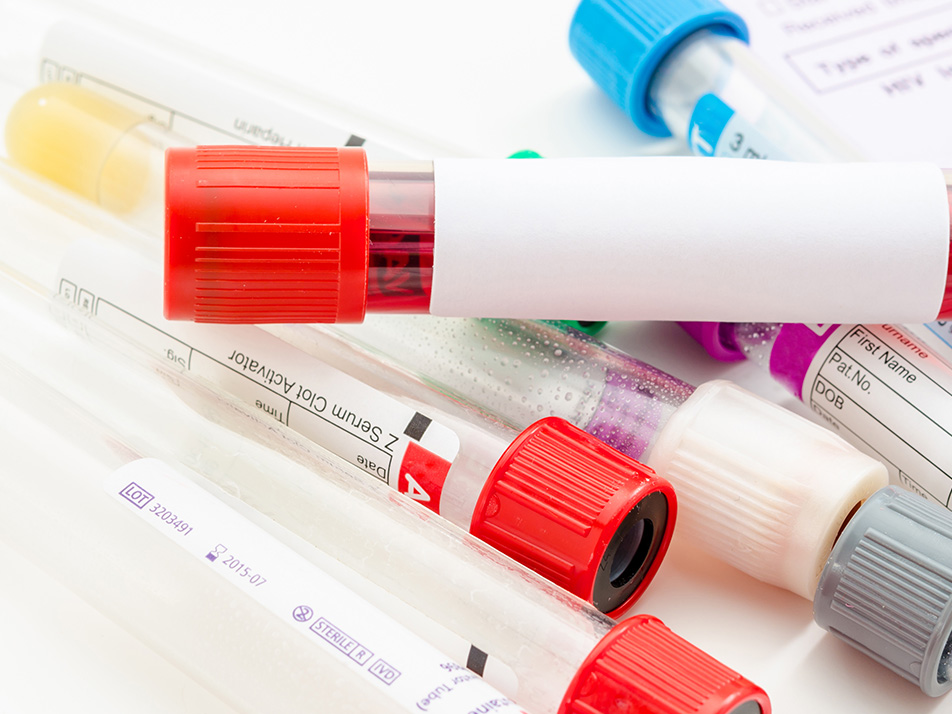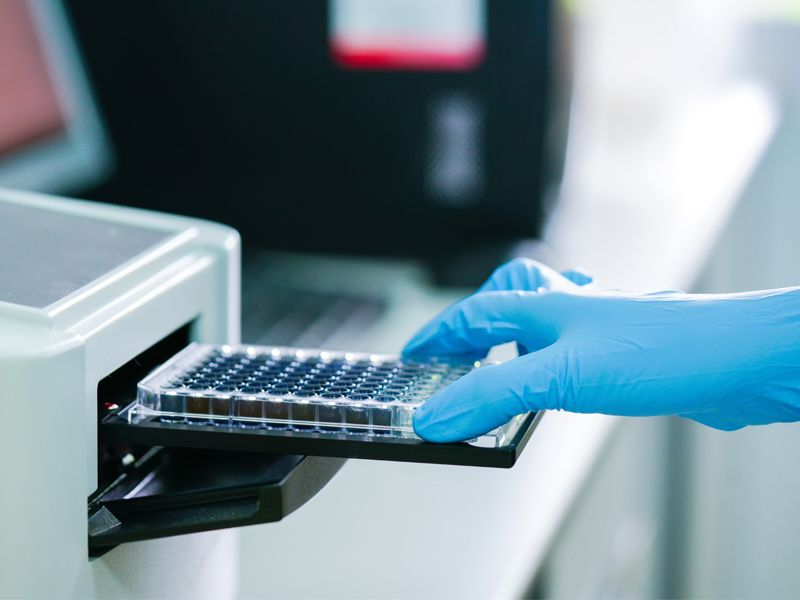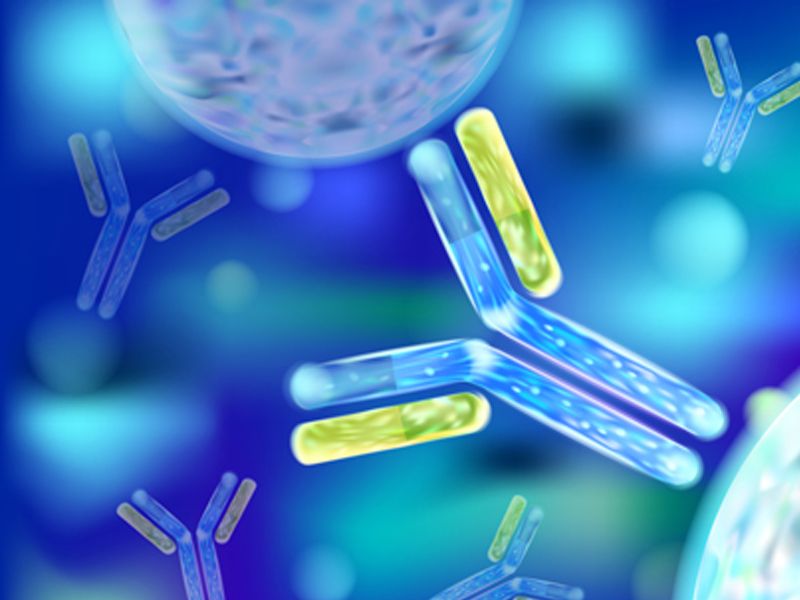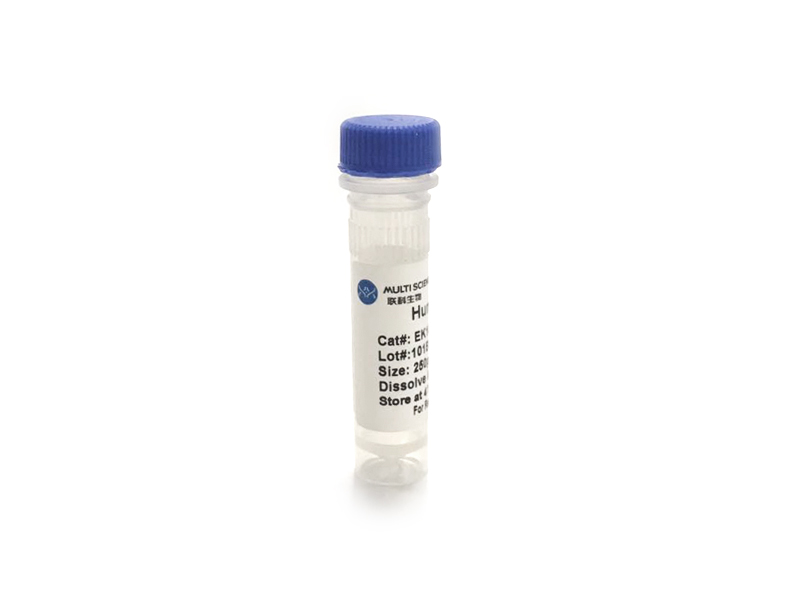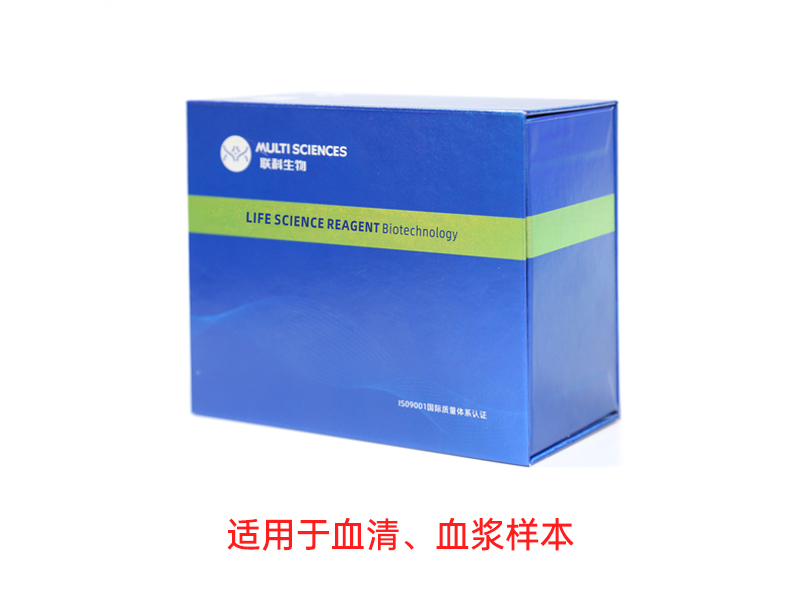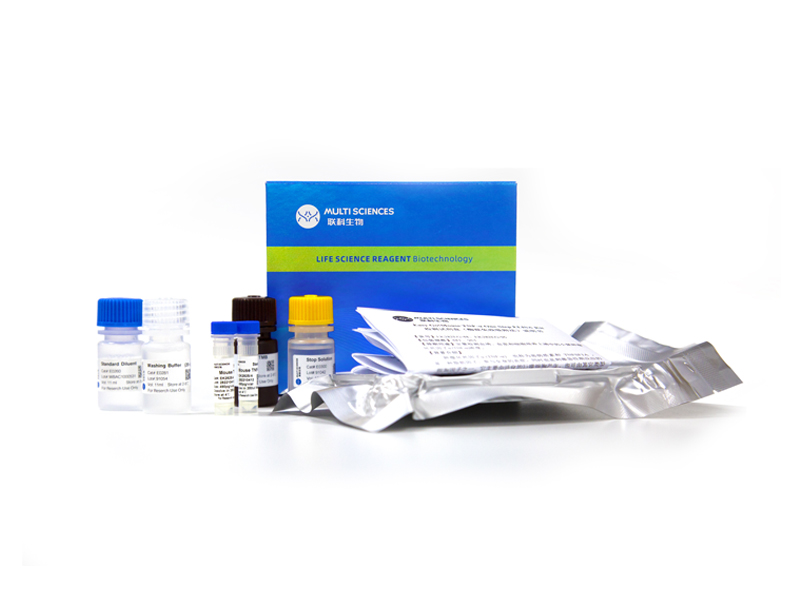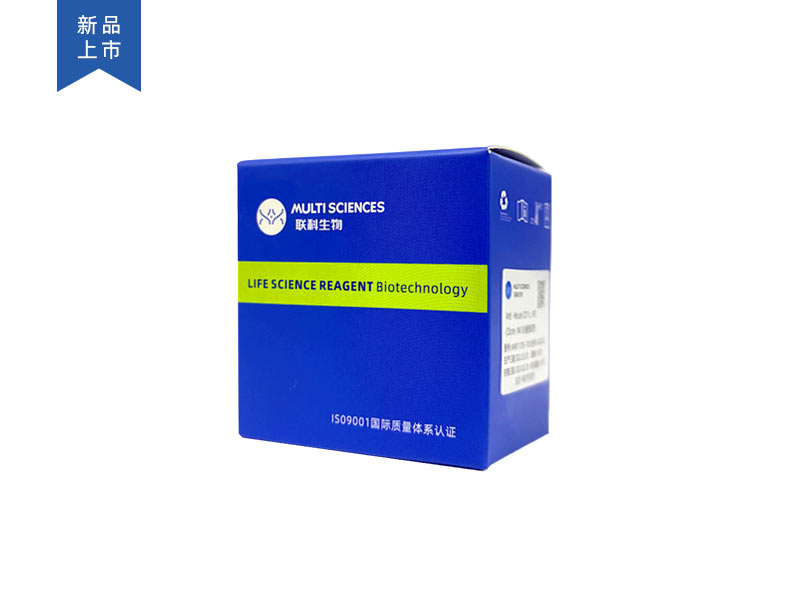Mouse IL-4 ELISA Kit检测试剂盒(酶联免疫吸附法)
¥1,600.00 – ¥10,800.00
因产品会迭代升级,具体实验步骤请按纸质版说明书操作
在售SKU:70-EK204/2-48, 70-EK204/2-96, EK204
- 分子靶点:IL4
- 种属:小鼠
- 样本类型:血清、血浆、细胞培养上清及其他生物学样本
- 检测样本体积:血清血浆:20μL;细胞培养上清:100μL
- 灵敏度:0.34pg/mL
- 检测范围:7.81-500pg/mL
- 回收率:93%-106%
ELISA试剂盒详细信息
| 商品名 | 小鼠白介素4酶联免疫检测试剂盒 |
|---|---|
| 种属 | 小鼠 |
| 靶点 | IL4 |
| 检测方法 | 双抗体夹心法 |
| 检测样本类型 | 血清、血浆、细胞培养上清及其他生物学样本 |
| 检测样本体积 | 血清血浆:20μL;细胞培养上清:100μL |
| 灵敏度 | 0.34pg/mL |
| 线性范围 | 7.81-500pg/mL |
| 精密度 | 板内变异系数:3.5%-6.6%;板间变异系数:6.8%-8.3% |
| 回收率 | 93%-106% |
| 平均回收率 | 100% |
| 板式 | 96孔板,可拆 |
| 保存条件 | 2-8℃保存。已拆开:标准品-20℃保存,其它4℃。 |
| 运输条件 | 2-8℃冰袋运输 |
| 检测原理 | 本试剂盒采用双抗体夹心酶联免疫吸附检测技术。特异性捕获抗体预包被在高亲和力的酶标板上。酶标板孔中加入标准品、待测样本和生物素化的检测抗体,经过孵育,样本中存在的待测物质与捕获抗体和检测抗体结合。洗涤去除未结合的物质后,加入辣根过氧化物酶标记的链霉亲和素(Streptavidin-HRP)。洗涤后,加入显色底物(TMB),避光显色。颜色反应的深浅与样本中待测物质的浓度成正比。加入终止液终止反应,在450nm波长(参考波长570 - 630nm)测定吸光度值。 |
分子信息
IL4 分子靶点信息概述
- 分子名:IL4, interleukin 4
- 基因家族:Interleukins
- 别名:BSF1; IL-4; BCGF1; BCGF-1; MGC79402
- 全称:B_cell stimulatory factor 1; lymphocyte stimulatory factor 1; B cell growth factor 1
IL4 分子靶点综述
IL-4是II型辅助T细胞(Th2细胞)分泌的细胞因子。IL-4是一种多效性细胞因子,在调节T、B淋巴细胞和其他类型细胞的增殖、分化、凋亡,促进以Th2细胞为特征的免疫应答过程中发挥重要作用。IL-4多重生物效应依赖于细胞类型和分化状态,研究表明其在介导过敏性疾病、自身免疫性疾病、感染性疾病、肿瘤等疾病的免疫反应中有多重作用,对肿瘤、自身免疫性疾病和感染性疾病等有治疗作用,并且IL-4对疫苗免疫应答具有调节作用。
小鼠 Mouse Il4 分子靶点信息
- 分子名:Il4, interleukin 4
- 别称:
- Il-4
- 基因序列:NCBI_Gene: 16189
- 蛋白序列:
小鼠 Mouse Il4 靶点分子功能(预测)
Enables cytokine activity. Involved in several processes, including innate immune response in mucosa; negative regulation of white fat cell proliferation; and regulation of gene expression. Acts upstream of or within several processes, including T-helper cell differentiation; positive regulation of macromolecule metabolic process; and regulation of leukocyte activation. Located in external side of plasma membrane and extracellular space. Is expressed in several structures, including brain; colon; hemolymphoid system; liver; and placenta. Used to study Sjogren's syndrome; atopic dermatitis; and type 1 diabetes mellitus. Human ortholog(s) of this gene implicated in several diseases, including asthma (multiple); autoimmune disease (multiple); hepatitis B; hepatitis C; and pancreatic cancer (multiple). Orthologous to human IL4 (interleukin 4).



